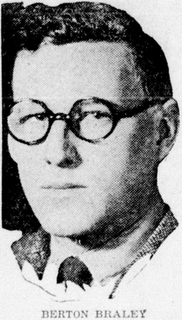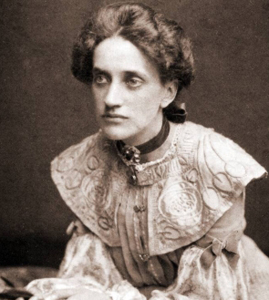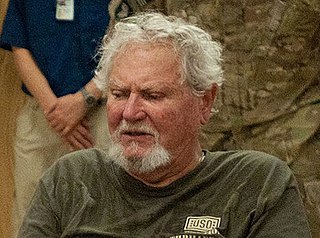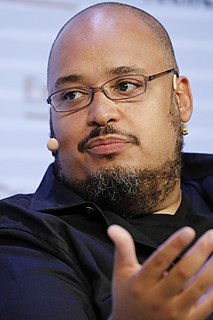A Quote by Akio Morita
We don't believe in market research for a new product unknown to the public. So we never do any.
Related Quotes
"(Big name research firm) says our market will be $50 billion in 2010." Every entrepreneur has a few slides about how the market potential for his segment is tens of billions. It doesn't matter if the product is bar mitzah planning software or 802.11 chip sets. Venture capitalists don't believe this type of forecast because it's the fifth one of this magnitude that they've heard that day. Entrepreneurs would do themselves a favor by simply removing any reference to market size estimates from consulting firms.
I honestly believe that sound commercialism is the best test of true value in art. People work hard for their money and if they won't part with it for your product the chances are that your product hasn't sufficient value. An artist or writer hasn't any monopoly .... If the public response to his artistry is lacking, he'd do well to spend more time analyzing what's the matter with his work, and less time figuring what's the matter with the public.



































